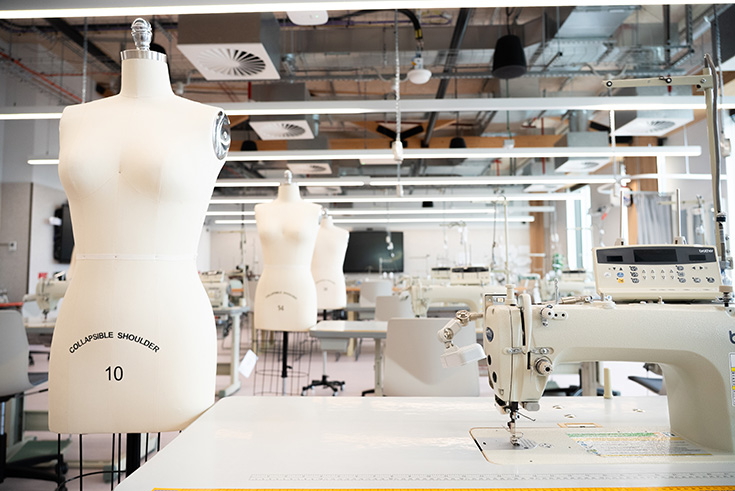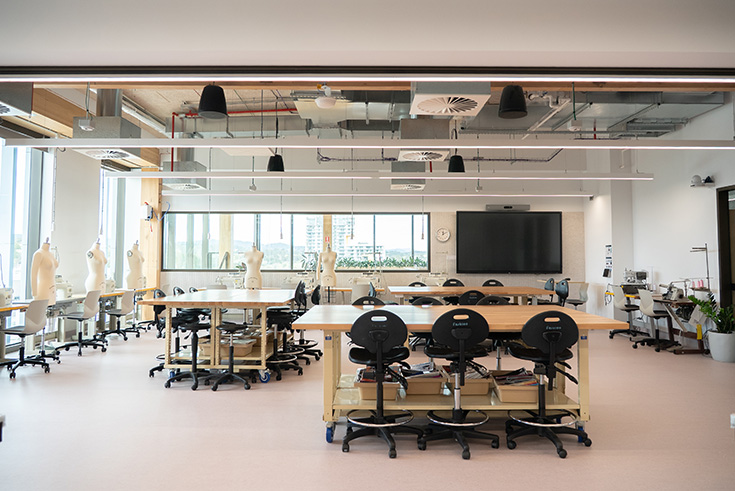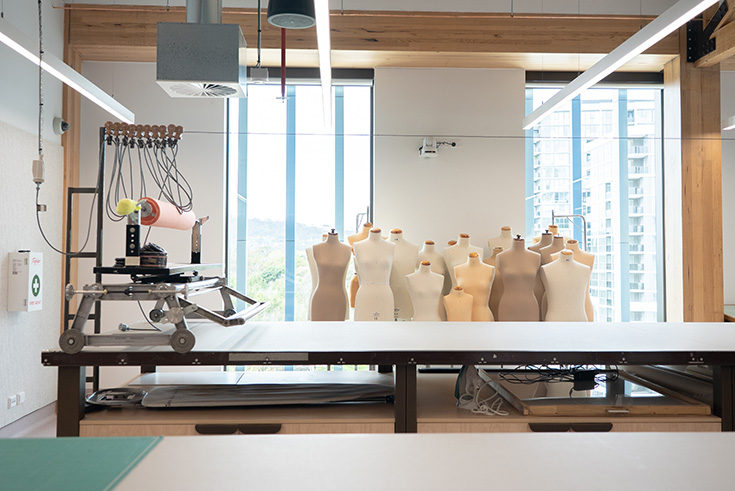Fashion
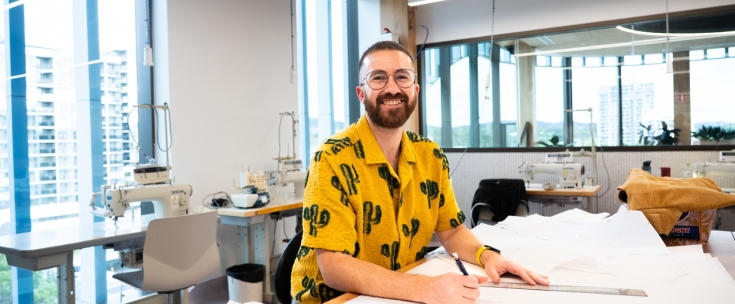
Develop the practical skills and industry awareness you need to make your mark in the fashion world. Our fashion courses are taught by experienced teachers who bring real-world insight from across the industry.
You’ll gain hands-on experience in learning environments that reflect professional practice, with a strong emphasis on sustainable design. This ensures you build the confidence and capability to step into the fashion industry job-ready.
Course List
| Description | Delivery | AA | |
|---|---|---|---|
| Diploma | Apparel, Fashion and Textiles MST50122 |
FT PT | |
| Certificate III | Apparel, Fashion and Textiles MST31022 |
PT |
AA - these courses are available as apprenticeships, traineeships or Australian School-based Apprenticeships (ASbAs). See above for availability, or contact CIT Student Services on (02) 6207 3188 or infoline@cit.edu.au.
Delivery - FT = Full-time, PT = Part-time, ON = Online, FL = Flexible.
Short courses
Fashion Sewing Essentials: Professional Techniques for Beginners
Hands-on sewing skills for beginners. Learn fashion industry techniques and make your own simple garment in CIT’s fashion studios.
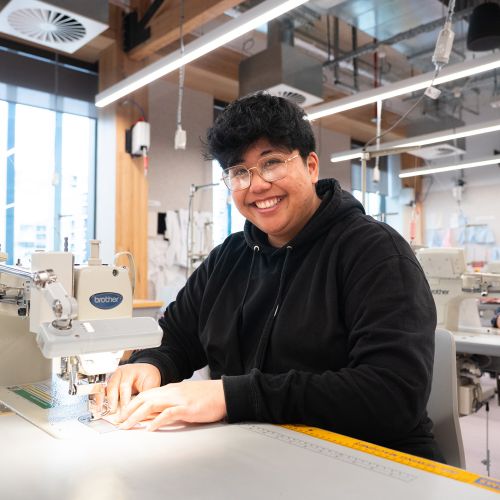
Careers in graphic design
Fashion offers diverse opportunities from working with established brands and boutiques to joining design studios, production teams or freelance creative projects. You can specialise in areas such as garment construction, fashion design, styling, textiles or patternmaking, developing the skills to bring creative concepts to life.
Explore the inspiring work of our fashion graduates.
Job opportunities
- Fashion designer
- Fashion magazine assistant
- Patternmaker
- Stylist
- Dressmaker
- Machinist
Art, design, media and music course guide



